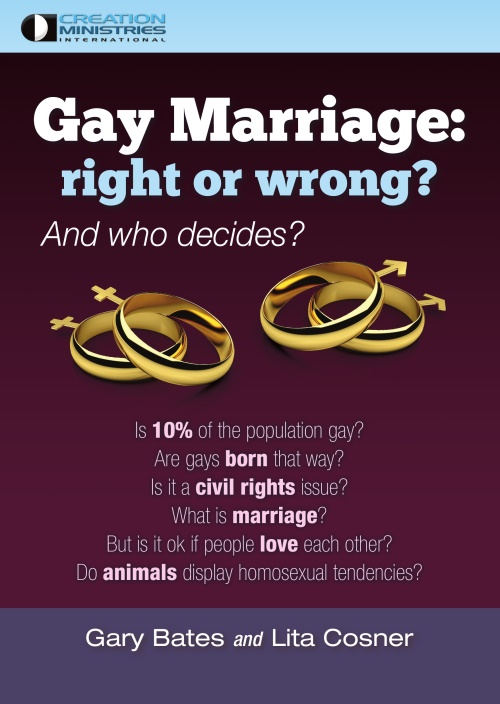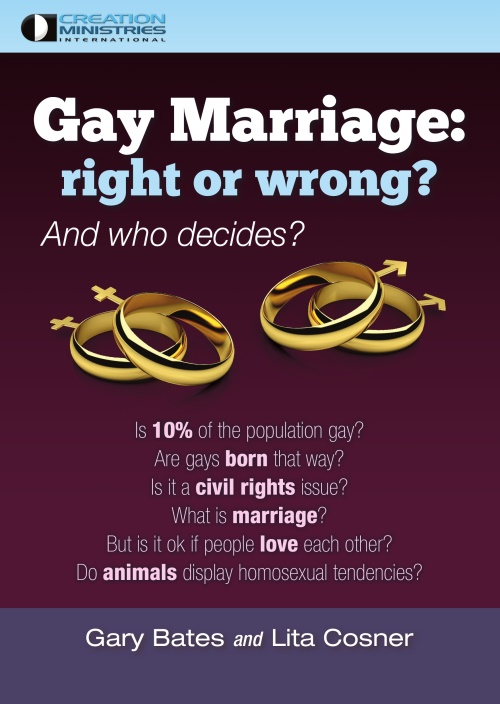Feedback archive → Feedback 2015

Will Heaven be boring?
Matt B., Canada, writes:
I have a question concerning life before the Fall. Everybody knows that all good things in life must come to an end. If life’s pleasures weren’t interrupted by work and/or difficulties than one would cease to enjoy them. In fact, problems, challenges, adversity can bring out the best in us and help make life meaningful. How does one reconcile all this with life in Eden or even Heaven? I’m sure my difficulty is directly related to my fallen nature and is a temporal problem that does not apply elsewhere but am still wondering. Furthermore, virtues such as courage seem to lose their meaning in a perfectly created world where dangers, conflicts and accidents don’t exist, so how did they (would they) manifest themselves in such an environment?
Lita Sanders, CMI-US, responds:
Thanks for writing in; this is an interesting question! The fact that sometimes we think ‘good’ is ‘boring’ reveals our fallen sinful nature. Resurrected believers in Heaven will live continually in the presence of God—some people mistakenly think this is like a boring worship service; however, if one reads the descriptions of heavenly worship in Isaiah and Revelation, for instance, nothing could be further from the truth. In addition, descriptions of the New Heavens and Earth seem to indicate that there will be many of the best things about this earth with none of the bad things. In Heaven, we will be changed so that we will fully enjoy God and His goodness, as well as His perfect creation. We won’t be bored or want any adversity to make things ‘interesting’.
Would courage and sacrifice have any meaning in Heaven? I think so. For one thing, we can look back at our time in the fallen earth and remember the heroic actions of men and women of the faith, such as the ones preserved in Scripture—and of course, Jesus is our ultimate example of courage and sacrifice. Perhaps these virtues will also have meanings and applications in Heaven we can’t even imagine in this fallen world.
These are just some thoughts that might help you think through this topic. See also our article about the new earth.
C.H., United States, writes:
I have one quick question for you. First off I really appreciate the work you guys have been doing as it has helped me really understand Scripture and the world around me much better. Second, I would like to ask, where did the idea come from that homosexuality is not a sin, but is a misinterpretation of verses that actually condemn child sex slavery? I have heard this numerous times now and it is completely absurd to think that over the course of a few thousand years, that this “lost translation” suddenly appears when homosexuality is running more rampantly and openly in the United States than ever before. So if you have ever heard that before, could you tell me where that even comes from? Thanks!
Lita Sanders, CMI-US, responds:
As many people are seeking acceptance for the homosexual lifestyle as well as other lifestyles that were seen very recently as sinful, it is necessary for them to reinterpret Scripture, which is the ultimate source for the condemnation of homosexuality as well as all other sin. So they looked back into biblical history, and realized that there was a lot of homosexuality centered around cult prostitution, both in Canaan and the Greco-Roman culture, as well as pederasty in the latter. Because homosexuality took a different form then than it does now (there was no concept of ‘sexual orientation’ then), they argued that the Bible only condemns the forms of homosexuality that existed then that were idolatrous or abusive, and that these condemnations do not apply to the sorts of committed, loving homosexual couples that exist today.
If the passages that condemn homosexuality were the only things the Bible ever had to say about it, they might be able to get away with such an interpretation. But the Bible’s condemnation of homosexuality is much more than the verses that explicitly speak about it. First, when God instituted marriage, it was between a man and a woman (Genesis 2:24). All positive portrayals of marriage are between men and women. Every single portrayal of homosexuality marks it out as a particularly heinous sin because it is an attack on this created order. When Jesus spoke about marriage, He affirmed the goodness of lifelong, monogamous marriage between one man and one woman—and called anything else sinful. Paul spoke of homosexuality as something very sinful, that could be forgiven through Christ.
In short, to reinterpret the Bible to allow for homosexual relationships, one has to selectively appeal to part of the context of the day while ignoring the rest, and exclude the rest of what the Bible has to say about marriage and sexual relationships.
I hope this is helpful. We have some other articles at Family and Marriage questions and answers, and we have written a booklet called Gay Marriage: right or wrong? that also goes into some relevant issues.







Readers’ comments
Comments are automatically closed 14 days after publication.